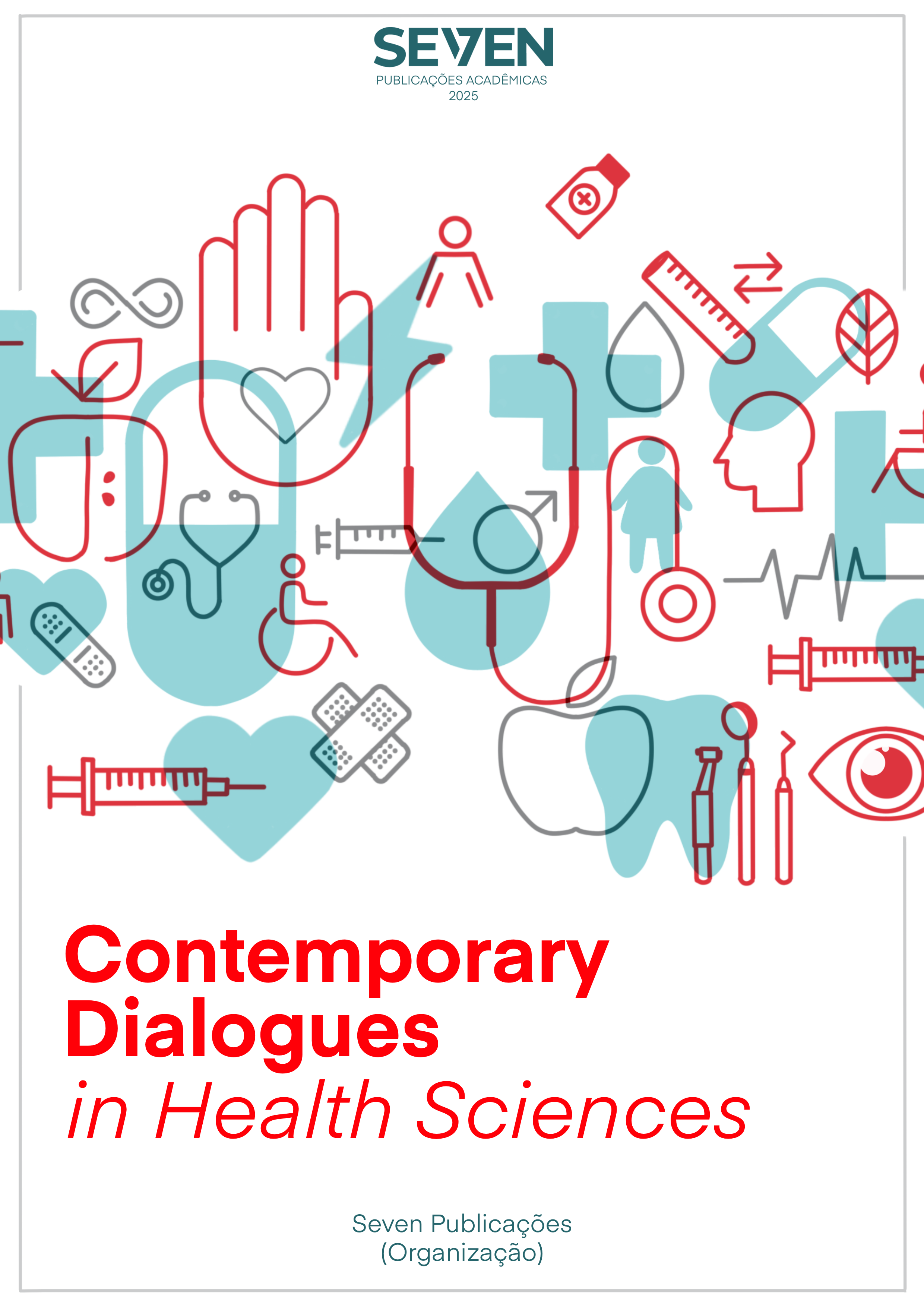APLICACIONES DE LA INTELIGENCIA ARTIFICIAL EN LA ULTRASONOGRAFÍA OBSTÉTRICA: AVANCES, BENEFICIOS Y DESAFÍOS
Palabras clave:
Inteligencia Artificial, Ecografía Obstétrica, Atención Prenatal, Diagnóstico por Imagen, Salud Materna y FetalResumen
La ecografía obstétrica es reconocida como una herramienta esencial en la atención prenatal, ya que permite la identificación temprana de condiciones que pueden afectar la salud materna y fetal. Sin embargo, el método tradicional presenta limitaciones, como la variabilidad dependiente del operador, el tiempo prolongado de examen y las dificultades de acceso en regiones con infraestructura limitada. En este contexto, la inteligencia artificial se ha incorporado como una estrategia para optimizar los procesos diagnósticos, reducir el tiempo de examen y aumentar la reproducibilidad de los resultados. Este estudio tiene como objetivo analizar críticamente las aplicaciones de la inteligencia artificial en la ecografía obstétrica, destacando los avances recientes, los beneficios clínicos percibidos, los riesgos y los desafíos de implementación. Se adoptó el método deductivo, con investigación bibliográfica en fuentes especializadas. Los resultados indican que, aunque la tecnología ofrece importantes beneficios operativos y diagnósticos, su adopción plena depende de superar barreras técnicas, éticas, financieras y regulatorias. Se concluye que la incorporación de la inteligencia artificial en la ecografía obstétrica requiere planificación estratégica, capacitación profesional y regulación específica.
Descargas
Publicado
Número
Sección
Licencia
Derechos de autor 2025 Isabella Rissi Vicentini de Morais, Wilnaira Costa, Emanuela Gama Sousa, Leônidas Barbosa Porto Neto

Esta obra está bajo una licencia internacional Creative Commons Atribución-NoComercial 4.0.





